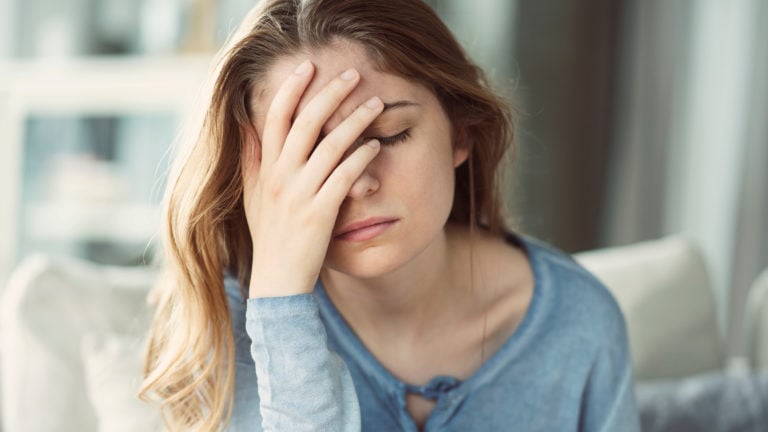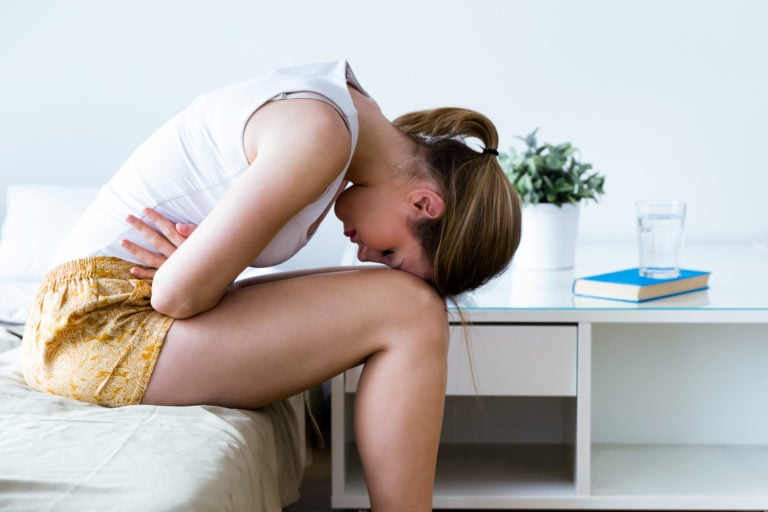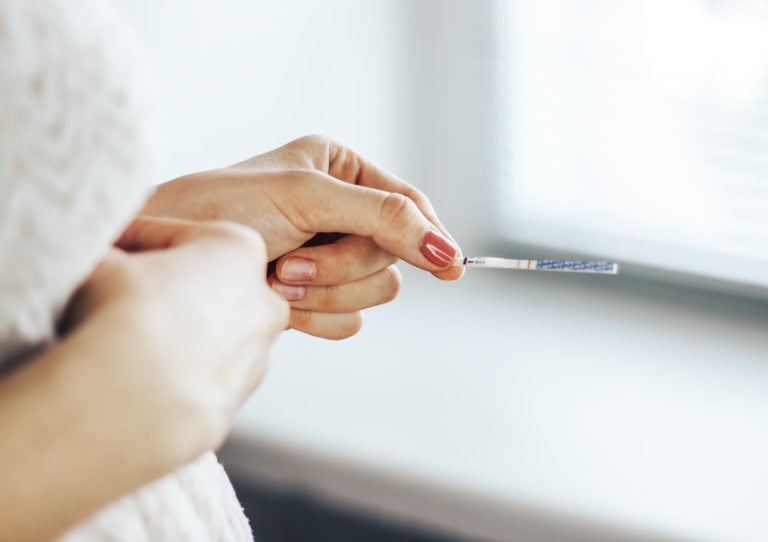Ovulation is a natural part of female health. If a girl or woman is experiencing a regular period, and if she isn’t on hormonal contraception of any kind, she is most likely ovulating regularly, too. But sometimes, a woman may experience anovulation, meaning that she’s not ovulating.
What causes anovulation?
Anovulation can be caused by a few different factors. You can experience anovulation because of:
- stress
- perimenopause, puberty, or postpartum periods, or other transitional seasons of fertility
- polycystic ovary syndrome (PCOS) and other hormonal disorders, including thyroid gland disorders
- being underweight or overweight/obese
- excessive exercise
- hormonal contraceptives
When a woman experiences an anovulatory cycle, she might still have a bleed that looks like a period. But because ovulation never actually happened, it is not true menstruation.
Women on birth control don’t ovulate or have periods
Menstruation always follows ovulation. Menstruation occurs about two weeks after a mature egg is released from an ovary. A bleed that occurs without ovulation preceding it is called a withdrawal bleed. A withdrawal bleed generally comes from low or persistent levels of estrogen and either low or non-existent levels of progesterone.
It is important to note that because the primary function of hormonal birth control is to stop a woman from ovulating, the bleeds a woman on birth control experiences are not menstrual periods. They are withdrawal bleeds.
Do you need to ovulate or have a period?
Regular ovulation and menstruation play an important part in overall women’s health. “Reasons Women Need Periods” is a Natural Womanhood article series taking a deep dive into some of the reasons women need their natural menstrual cycles for optimal health, which you can check out here. Regular, healthy ovulation is also essential for conception to occur.
How can I tell if I’m ovulating?
If you are charting your fertility biomarkers with a fertility awareness method (FAM), you can determine if you have ovulated, and therefore whether your monthly bleed is a menstrual period. This is one of the most important benefits of FAMs: they give a woman insight into what is going on with her body hormonally, and when she should be concerned and seek medical care. This feature of FAMs can be especially important for diagnosing the root cause of infertility in couples who are having trouble conceiving; if a woman is not ovulating, she cannot get pregnant.
Anovulatory cycles can be biologically normal due to the season of a woman’s life, indicative of other hormonal disturbances in the body, or induced artificially by hormonal contraceptives. When it comes to identifying the cause of anovulatory cycles, the most important piece is having records of your menstrual cycle charts to assist trained medical professionals in distinguishing why they might be occurring.
For more information about anovulation and anovulatory cycles, see the articles below.
This page was last updated on March 13, 2024.
-

Why have my periods stopped? Exploring the causes of secondary amenorrhea
By Jasmine Adams • March 17, 2023In part 1 of this 3-part series on amenorrhea, I covered the causes of primary amenorrhea, which occurs… -

8 ways endometriosis can make it more difficult to get pregnant
By Morganne Skinner, BSN, RN • August 18, 2022If you suffer from endometriosis, you are likely aware that it may have negative implications for your fertility.… -

FAM Basics: What can charting your menstrual cycle tell you about your hormonal health?
By Cassondra Moriarty • June 10, 2022Over and over again at Natural Womanhood we’ve emphasized how charting your cycles gives you a vital window… -

Here’s how chronic illness can impact your menstrual cycle (and vice-versa)
By Taryn DeLong • June 9, 2022I collect chronic illnesses. It’s not a hobby I’d have picked for myself, but it does give me… -

Teens and irregular periods: What’s normal—and what’s not (Part II)
By Christina Valenzuela • March 25, 2022Part 2: How to look out for common teen cycle issues In Part I, we learned about why… -

Teens and irregular periods: What’s normal–and what’s not (Part I)
By Christina Valenzuela • March 25, 2022Part I: When to call a doctor The teenage years are hard enough for parents managing the ever-shifting… -

Regulate your Circadian Rhythm to Improve your Fertility
By Cassondra Moriarty • December 9, 2020You have probably heard the terms “circadian clock” or “circadian rhythm,” but you may not know exactly what they mean. Perhaps you imagine a circadian clock as something like…







